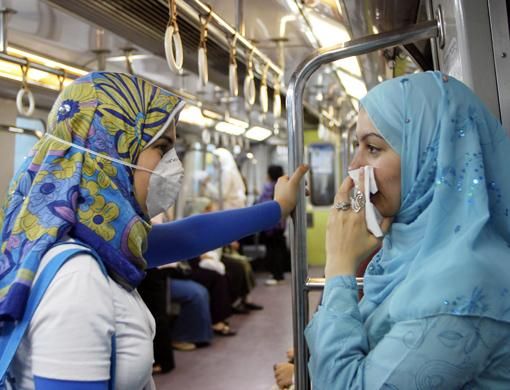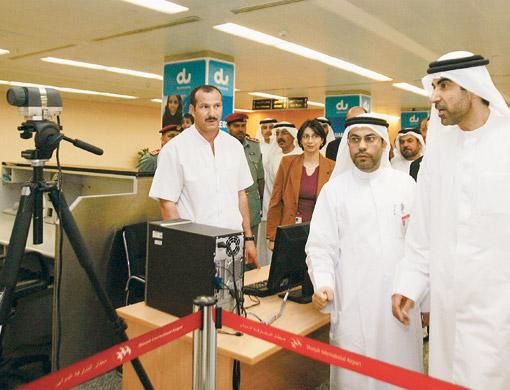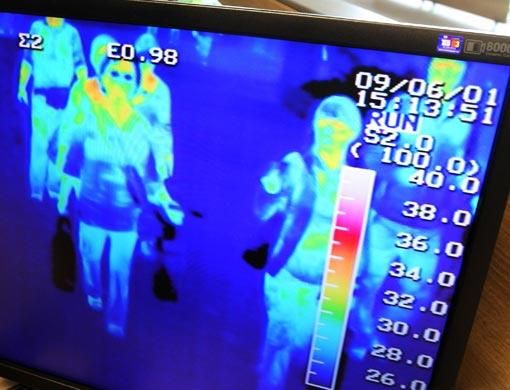Abu Dhabi: Residents who develop symptoms of flu while travelling abroad have been advised to present a medical certificate upon their arrival in the UAE from next month.
An official from the Ministry of Health (MoH) told Gulf News that presenting medical certificates will help speed up airport procedures and clarify why a certain passenger is suffering from a high temperature or cold or flu.
The certificate must state what illness the person is suffering from and the medications prescribed.
Dr Ali Bin Shaker, Director of the Ministry of Health and Chairman of the Technical Health Committee for Combating Swine Flu, on Tuesday denied a Gulf News report that said starting next month all expats on holiday will have to produce a medical certificate to prove they are not infected with the H1N1 virus before entering the country.
A health official from the Ministry of Health (MoH) told Gulf News that giving in a medical certificate will help speed up airport procedures and clarify why a certain passenger is suffering from a high temperature, a cold or flu, given that not every passenger with flu should be suspected of having swine flu.
The certificate has to state what illness the person is suffering from and the medications prescribed.
If employees suffer from swine flu while abroad and do not report their condition to their organisation, the company has the right to cancel their visas without prior notice.
Airports and organisations across the UAE are held liable if they do not report a suspected swine flu case to the concerned health authority, said the MoH official.
"Employees must tell their company that they had swine flu in order to control the spread of the virus - keeping it a secret will not help anyone," said an official from the National Committee for Combating Swine Flu (NCCSF).
In the case of employees showing signs of flu, companies are advised to give them at least two weeks off, one week for medical checkups and, if necessary, treatment and another week to spend in isolation to curb the spread.
For factories and/or companies with a large number of labourers, frequent medical checkups are recommended by the MoH, especially if a few of the employees have recently travelled.
Once all schools open, campaigns to spread awareness on how to handle an outbreak and/or a pandemic will be given to students and teachers.
A representative in each school will also be selected to ensure schools are following proper procedures in case a student is found to be infected.
Many residents are currently travelling to Thailand to receive what they think is a swine flu vaccine.
"This is an incorrect move since the World Health Organisation has not approved a swine flu vaccine to date, and there are no countries to date that offer it. These vaccines given in Thailand are for a normal flu, which are not as effective. We are expecting to receive a note on that issue by September, but again we are not sure of exact dates, it all depends on manufacturing and pharmaceutical companies," said an official from the NCCSF.















